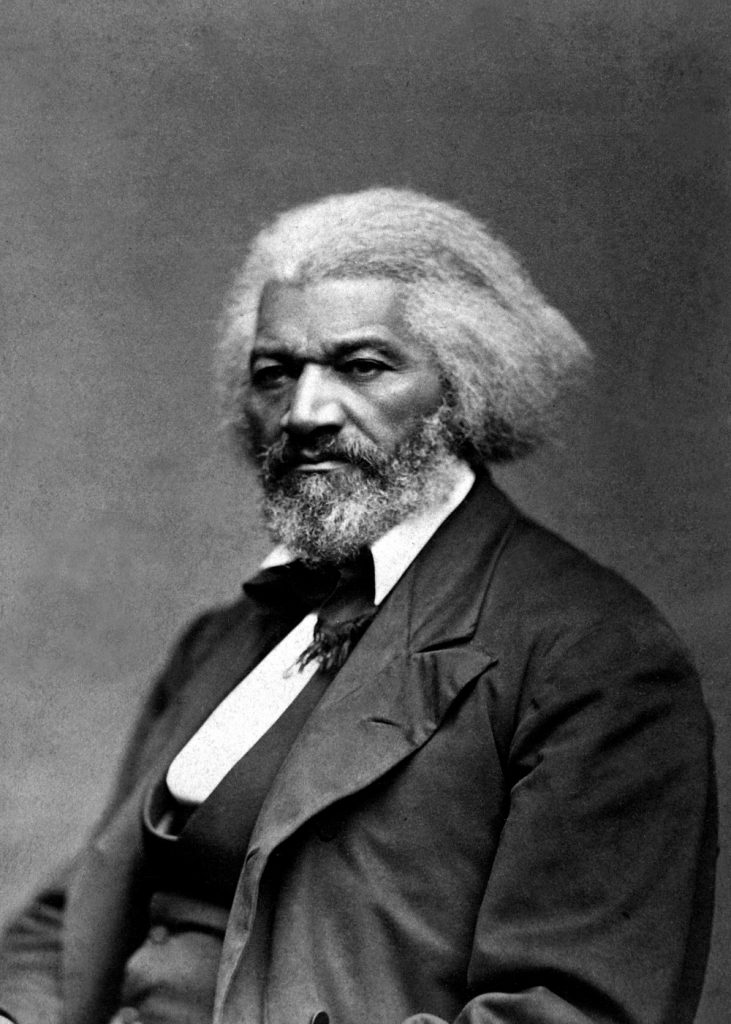I’ve been Black all my life, but the summer of 2019 was the first time I heard the words of the great orator and abolitionist Frederick Douglass, from his 1852 address to the Rochester Ladies Anti-Slavery Association. It was good listening, and is perfect in concert with the Declaration of Independence during a summer of coronavirus captivity.
It’s good listening especially when Americans are in the streets screaming about very different versions of freedom. It’s a great and pointed way to remind us that we’ve been here before.

Famously known as Douglass’ “What to the American slave is the Fourth of July?” address, it is staged, along with a reading of the Declaration of Independence, every year by Yale University’s Beinecke Rare Book & Manuscript Library in New Haven, Connecticut, where I live.
After spending most of my life in the South, living among the relics of the Lost Cause, it’s a little eerie to live on the land of one of the original 13 American colonies. It is a place where the statues and monuments revere the soldiers who fought on the side of the Union, including Connecticut’s regiment of Black soldiers. It is home to the Institute Library, where Douglass once spoke. It is home to a memorial that recognizes the bravery of the captured Africans of the slave ship Amistad.
Douglass’ delivered the 1852 address some 76 years after the Declaration of Independence was penned. It was a time when Black people were still in chains in this country and didn’t yet know they would have to continue to fight and die for freedom.
Spoiler alert: The speech is fundamentally about the duplicity of a country that beats its chest about freedom for some, but never for all. Douglass knew and called out the hypocrisy 168 years ago. And it is a hypocrisy that the marginalized of America still know: Every promise of this country comes with an asterisk, a disclaimer and some fine print.
“We hold these truths to be self-evident, that all men* are created equal*, that they are endowed by their Creator* with certain unalienable Rights*, that among these are Life*, Liberty* and the pursuit of Happiness*,” the authors of the Declaration of Independence wrote.
*Some exclusions may apply.
As I sat in the audience of some 300 people – unimaginable today – I kept thinking:
What to the woman, who can’t access a safe abortion, is the Fourth of July?
What to the LGBTQIA+ person is the Fourth of July?
What to the mothers, separated from their infant children and caged in this country, is the Fourth of July?
What to the asylum seeker is the Fourth of July?
What to the Muslim, the Sikh, the Hindu is the Fourth of July?
What to the undocumented, who would like a legitimate path to citizenship, is the Fourth of July?
What to Black people in this country, who for generations have given their blood, sweat and tears but are still treated as if they have no standing as citizens, is the Fourth of July?
These are questions that I hope Americans keep asking now that the fireworks — finally, hopefully — have died down.
Take Action: Watch this year’s virtual staging of the Declaration of Independence and Frederick Douglass’ 1852 oratory. Discuss it with your family, your COVID-pod, etc.


